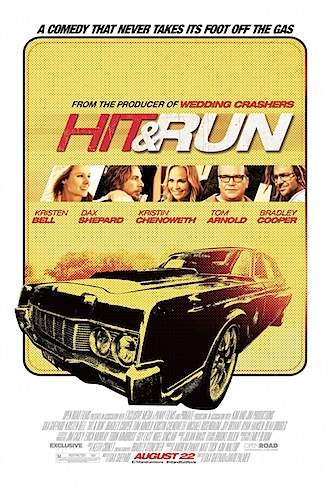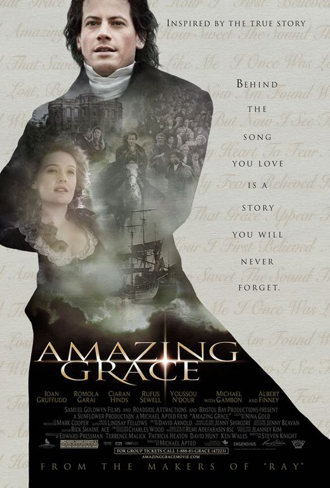The main problem I have reviewing Rian Johnson’s Looper is that the most interesting discussion about the film can only be had with others who have seen it. The film…
Read More

Readers of last week's column will know that I am currently overseas on a quest, a mission - a pursuit if you prefer - hoping to discover a new kind…
Read More

Ron Howard’s Angels & Demons, sequel to the blockbuster Da Vinci Code from 2006, is what you might call an equal opportunity annoyance - happily misrepresenting theology and science. Tom…
Read More

This week I’ve had my intelligence insulted by the very best. Steven Spielberg is credited as Executive Producer of Eagle Eye, but if he spent more than one meeting overseeing…
Read More
Let's get the unpleasantness out of the way first: watching The Farrelly Brothers' ugly remake of Neil Simon's The Heartbreak Kid was a trial beyond all human endurance. After about…
Read More

While the Film Festival takes up a justifiably huge chunk of time and mindspace during these two weeks the world of commercial cinema has hit back hard with two of…
Read More
